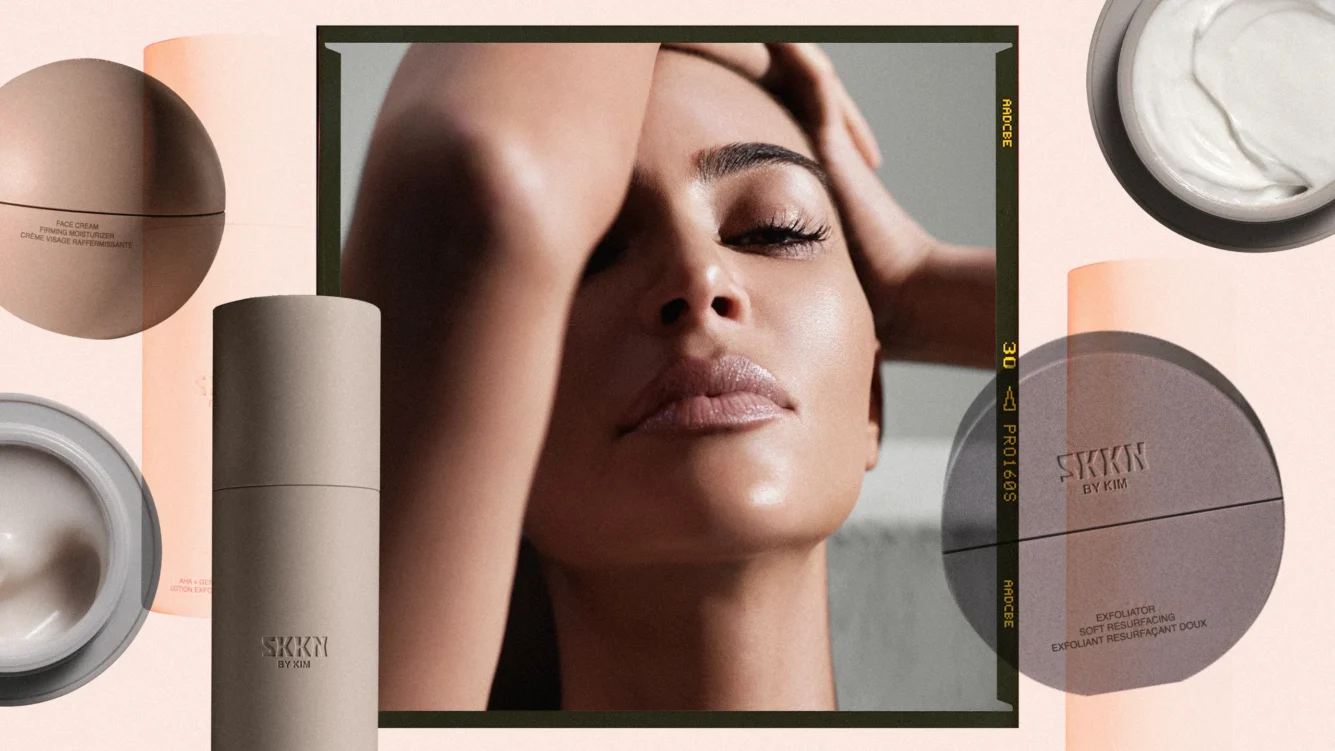This week in CPG and consumer brands, Skims acquires SKKN by Kim, Savor unveils animal-free butter made without plants or microbes, and Waldencast’s Q4 earnings show strength from Obagi Medical’s explosive growth. From innovative product development to luxury brand restructuring and major private equity fundraising, the trends shaping the future of consumer goods are anything but predictable.
News Stories
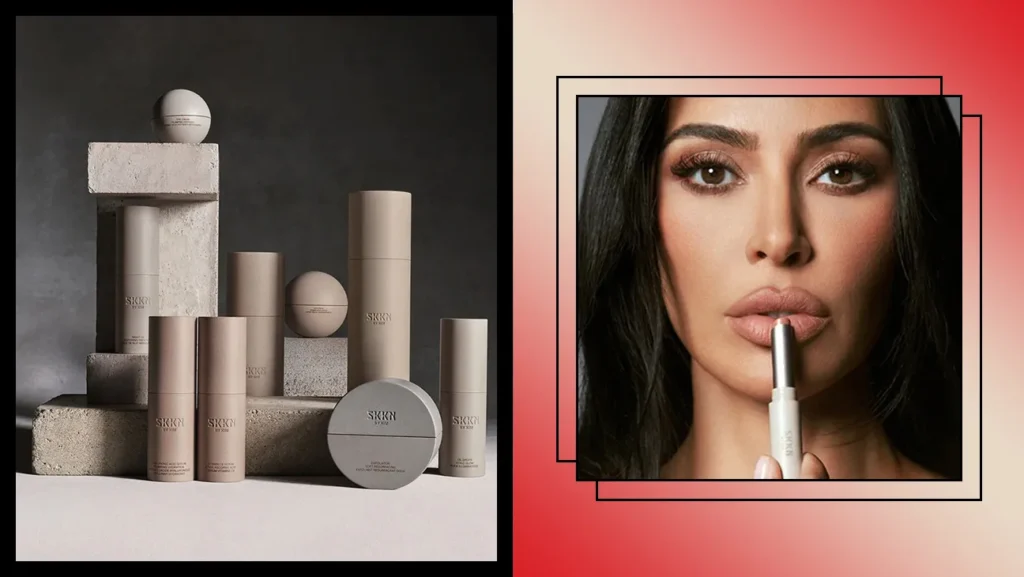
Skims Acquires SKKN by Kim
In a move to consolidate brand power, Skims has acquired SKKN by Kim, Kim Kardashian’s skincare brand. The decision will bring operations and resources under one umbrella while SKKN phases out. This acquisition underscores the growing trend of streamlining celebrity brand portfolios to drive operational focus and scale.

Celine Launches Pilates Capsule Collection
Luxury fashion house Celine has dropped a Pilates-focused activewear capsule, blending the aesthetics of high fashion with the performance needs of wellness consumers. This move reflects the continued fusion of luxury and wellness lifestyle branding, a trend increasingly leveraged by fashion brands to enter the premium activewear market.

Savor Unveils Butter Made Without Cows, Plants, or Microbes
Biotech food company Savor has developed a first-of-its-kind butter that doesn’t rely on animals, plants, or fermentation microbes. This innovation opens new territory in the alt-dairy space by using synthetic fat structures engineered without biological inputs. It’s a breakthrough for sustainable food tech and a signal of what’s next in lab-created, precision-structured fats.
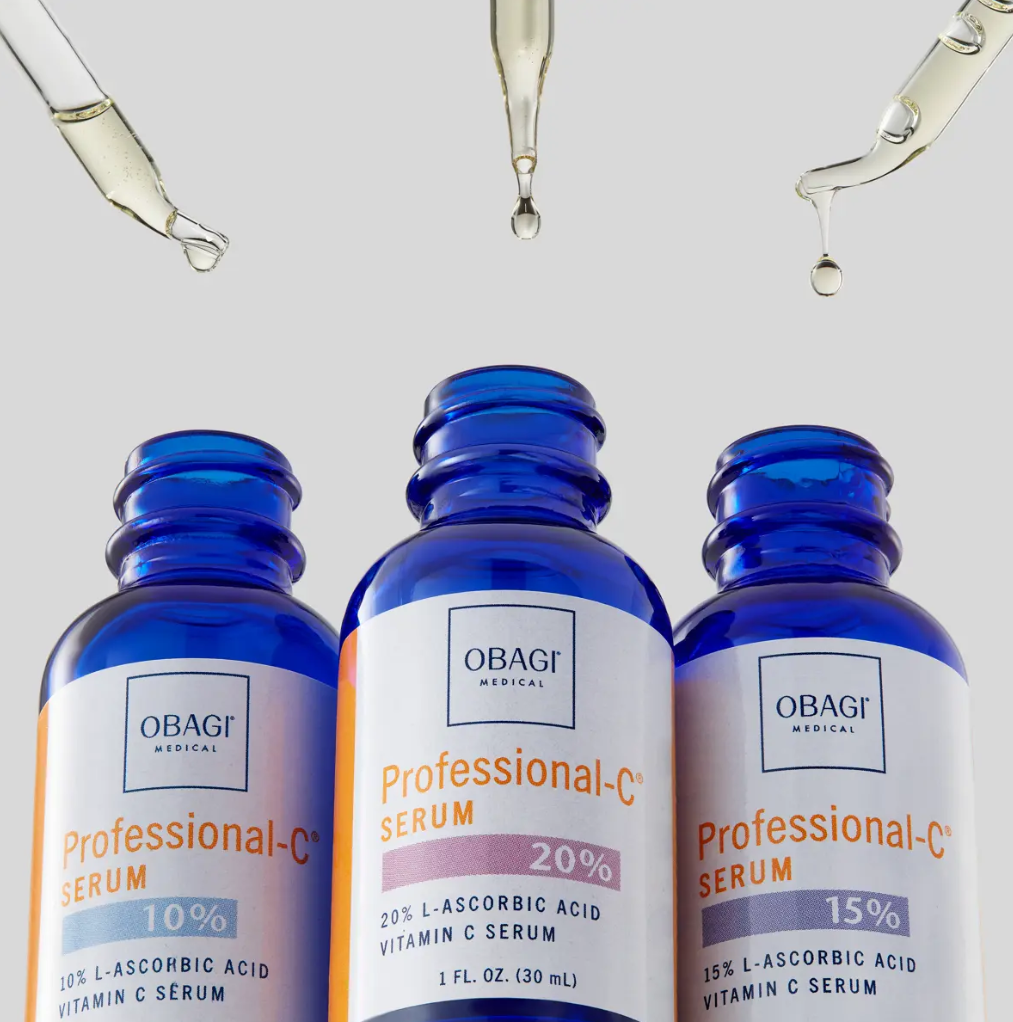
Waldencast Q4 Net Revenue Surges 31% Thanks to Obagi Medical
Beauty and wellness company Waldencast reported a 31% increase in Q4 revenue, driven largely by Obagi Medical, which was the fastest-growing U.S. skincare brand in 2024. The growth reflects rising demand for clinical-grade skincare and solidifies Obagi’s position as a major player in both DTC and retail channels.
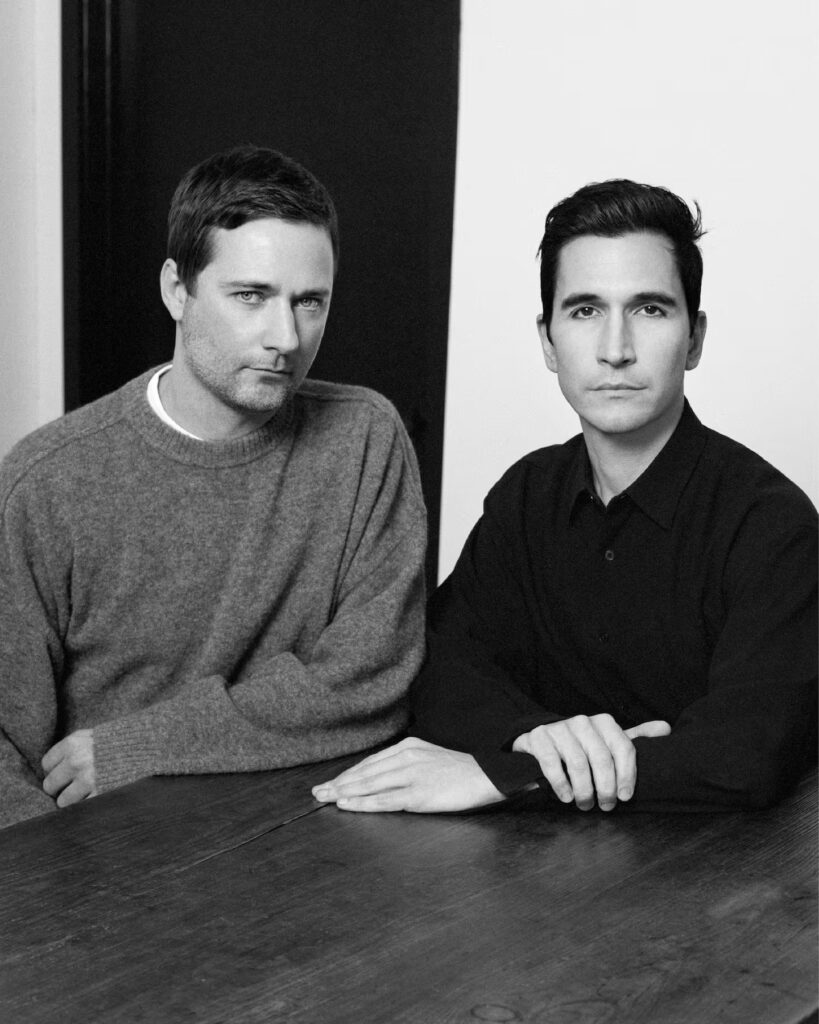
LVMH-Backed Loewe and Proenza Schouler Restructure Creative Leadership
Loewe and Proenza Schouler are both undergoing changes in creative leadership, signaling a shift in how luxury brands manage identity and growth under conglomerate structures. LVMH’s strategic direction appears to prioritize brand longevity and relevance over individual star power, a trend to watch as designer influence is repositioned in global luxury.

Falfurrias Management Raises $1.35B for Fund VI
Private equity firm Falfurrias Management Partners has closed its sixth fund at $1.35 billion, significantly oversubscribed. The firm has a strong track record in investing across consumer brands, business services, and media, suggesting fresh capital will soon target emerging CPG operators poised for scale.
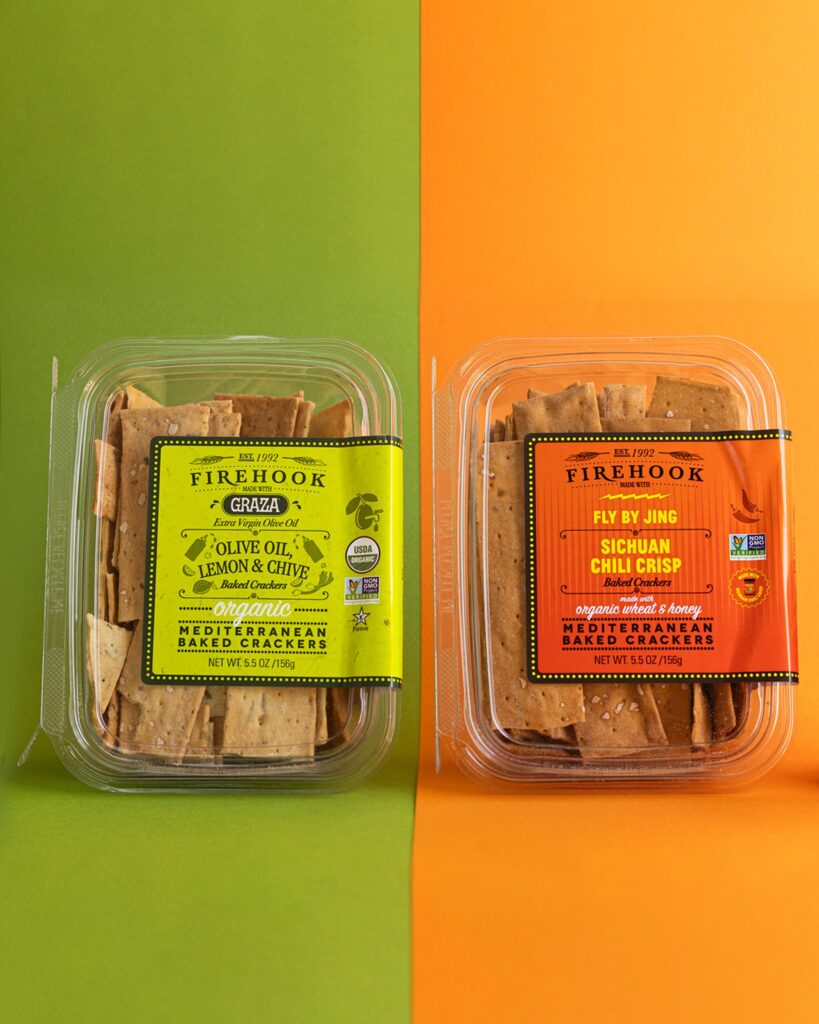
Firehook Launches Two Limited-Edition Flavors
Artisanal snack company Firehook has introduced two limited-edition cracker flavors, aimed at refreshing the brand’s portfolio and testing consumer interest in more adventurous, globally inspired taste profiles. Limited-edition launches like these help heritage snack brands stay relevant and drive seasonal interest.
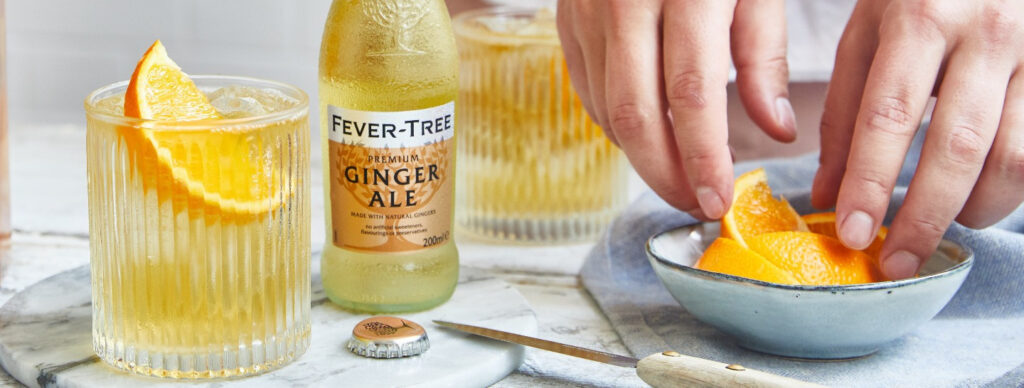
Fever-Tree Reports Revenue Decline in U.S. Despite Global Growth
Fever-Tree, the premium mixer brand, reported declining U.S. revenue despite gains in other international markets. The company cited supply chain costs and increased competition in the mixer space as primary headwinds. This points to a need for stronger regional strategy and localized brand execution in saturated beverage markets.
Industry Takeaways & Implications
This week’s updates reveal a powerful convergence of innovation, brand consolidation, and global market expansion. Skims’ acquisition of SKKN reflects a larger trend of celebrity-founded brands streamlining operations, consolidating product offerings, and sharpening focus as they mature.
On the innovation front, Savor’s release of a butter alternative without cows, plants, or microbes is potentially the most groundbreaking development of the year. If it scales, this could disrupt how food companies approach ingredient sourcing, sustainability, and product design. Similarly, Waldencast’s performance with Obagi suggests that clinical-grade skincare will continue to outperform traditional cosmetic brands, especially those that can blend medical efficacy with strong retail strategy.
In fashion and luxury, creative leadership changes at Loewe and Proenza Schouler reinforce the movement toward brand stewardship over celebrity creatives, especially under large holding companies. The launch of Celine’s Pilates capsule adds to this, signaling that luxury wellness is no longer niche—it’s essential.
From a capital perspective, Falfurrias Management’s new $1.35 billion fund represents a key signal: private equity is still eager to bet on consumer brands, especially those positioned for cultural relevance and operational efficiency. On the product front, Firehook’s seasonal launches show how limited-time flavors can refresh a brand without reinventing its core, and Fever-Tree’s U.S. struggles highlight that even premium brands need localized agility to stay competitive.
Closing Thoughts
The intersection of science, luxury, and operational scale is driving the next wave of consumer brand success. If you’re scaling in beauty, wellness, or food tech and need the right talent to lead your next phase, Ace Talent Curators can help.
